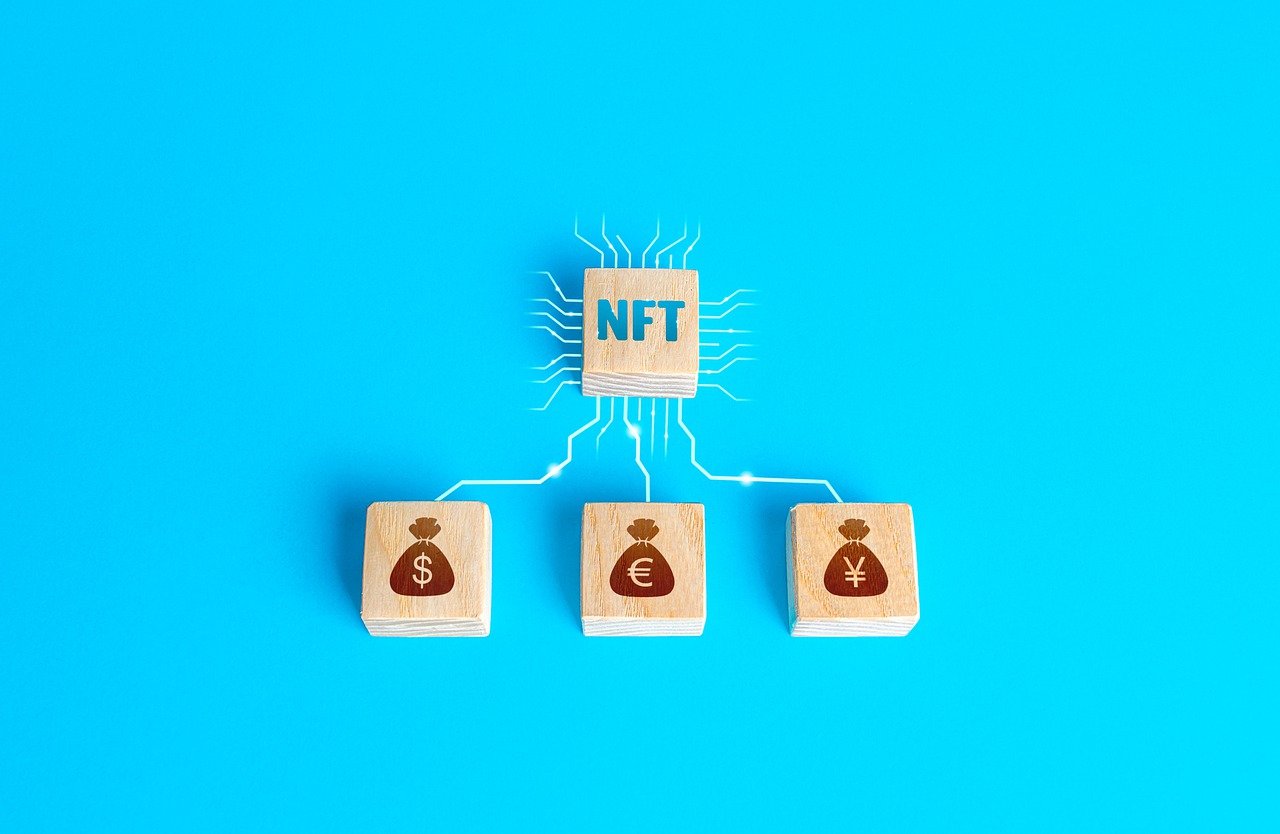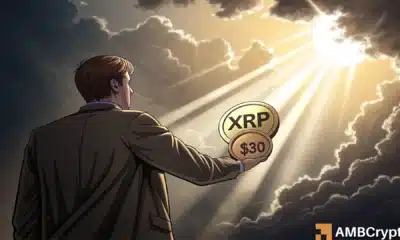Is it time to recognize the possibility of NFT development on Bitcoin network

The NFT mania that engulfed the cryptocurrency industry earlier this year is showing no signs of stopping anytime soon. Interestingly, this NFT sector helped in onboarding hordes of new users to the space. It also led to the growth of several rival blockchains such as Solana that are vying for Ethereum‘s top spot in the NFT games.
During all this craze, however, what many seem to forget is Bitcoin‘s absence in the sector, according to developer Dennis. Through a long thread on Twitter, the developer expressed his displeasure about the infamous owner of the dark web network Silk Road, Ross Ulbricht who used Ethereum to release NFTs as a means to fund his release from prison.
WE DID IT. Over 1,320 people raised over 2,800 ETH in a week (over $12m at todays price) to win the auction for Ross’s NFT (sold at 1446 ETH – about half of our treasury). Crypto is amazing.
Here's what happens now ???
— FreeRossDAO ?️ (@FreeRossDAO) December 9, 2021
Noting that this decision should “trigger deep introspection among Bitcoiners,” Dennis said,
“NFTs were an OG concept in bitcoin. Yet we failed to build out the functionality and instead made garbage dismissals calling them scams or with “right-click copy” nonsense.”
While the Bitcoin network itself lacks smart contract functionality, Layer-2 roll-ups such as the Lightning Network and Stacks allow NFTs to be secured by the Bitcoin blockchain. Dennis believes that these developments around Bitcoin are usually ignored due to its value being solely perceived as digital gold, triggering its use as a “post-apocalyptic bunker asset.” He added,
“The subset of bitcoiners that only accept digital gold as the sole bitcoin use case are a recent anomaly. There weren’t people like this in 2013. There were tons of cool things happening on bitcoin back then.”
Another reason behind the lack of such development in the Bitcoin space is the low monetary incentives received by developers, as compared to those building on Ethereum and other such networks.
It’s also an ode to those bringing cool shit to btc on lightning, L2s, OP_CTV, etc. Often they do this while struggling to pay bills.
Imagine if we could fund a DAO or NFT to pay devs.
If Ethereans can afford $45M to fail at buying the constitution, then we can fund our devs.
— Dennis // (BIP , 119) (@pourteaux) December 16, 2021
He further noted that those flipping their BTC for ETH in a bid to participate in this mania don’t realize that Bitcoin’s merits cant be “ported to another chain.” Especially, Ethereum since the “design tradeoffs ETH has made don’t make it a serious contender as a bearer asset.”
Dennis also mentioned the resilience of the Bitcoin network, and how building on top of it does not disrupt the chain in any manner.
The replies on the developer’s thread expressed dismay at the idea of Bitcoin being used as anything but a holding asset. It is worth noting here that a number of networks are already experimenting in the space, giving Ethereum a run for its money.
One example is Stacks, which is a decentralized, open-source network built on Bitcoin, trying to expand Bitcoin’s potential as a programmable base layer. The Stacks NFT marketplace is fairly new, but it already has million in trading volume, with its native cryptocurrency STX gaining new grounds on the back of increasing demand.
The platform has a number of existing projects such as Sathoshibles and Bitcoin Birds, while many more are in the pipeline. In fact, it should be noted that some of the first tokenized digital assets were minted and sold on Counterparty, a third-party Bitcoin protocol, as early as 2012, way before Ethereum was born.






